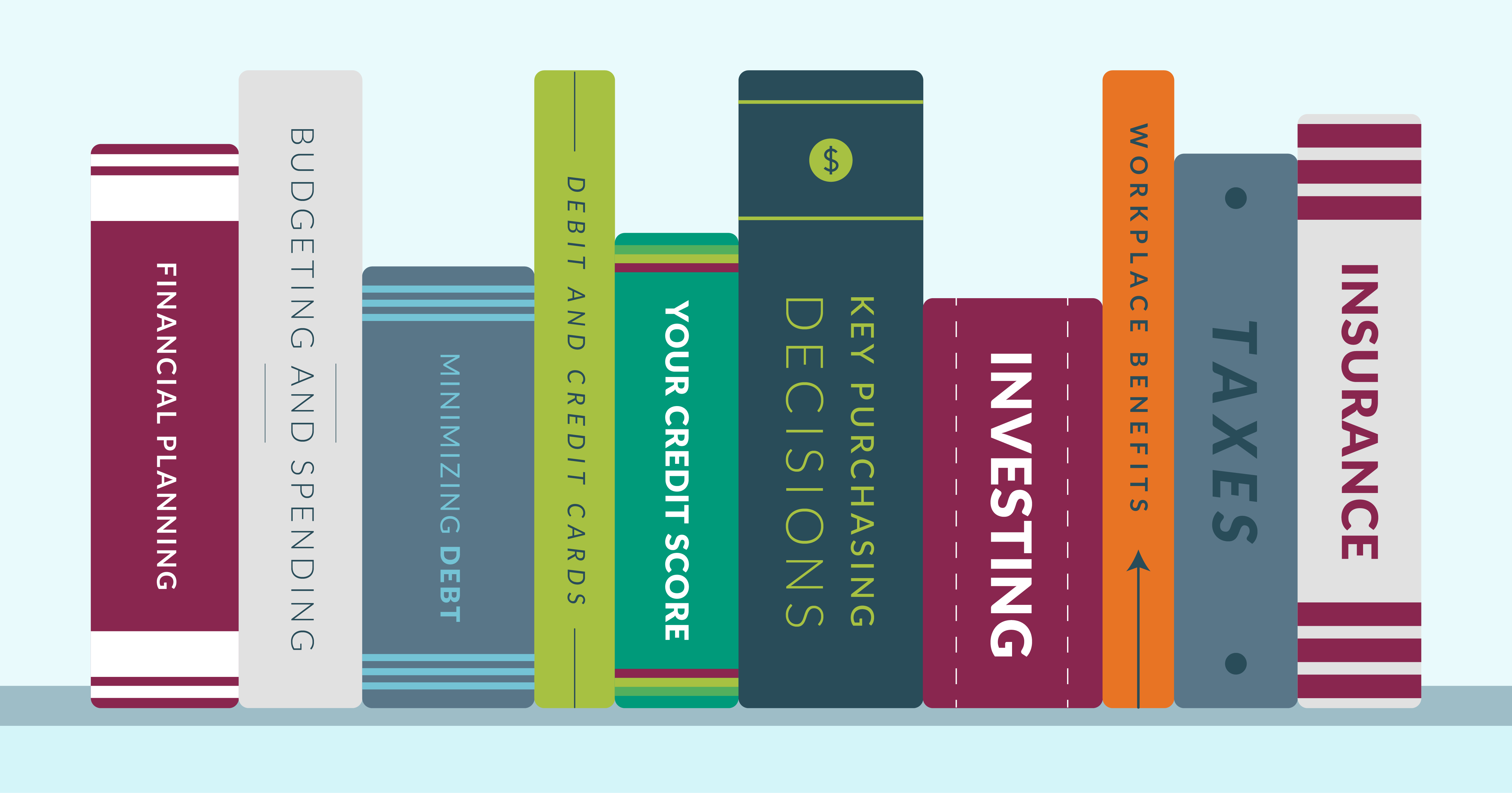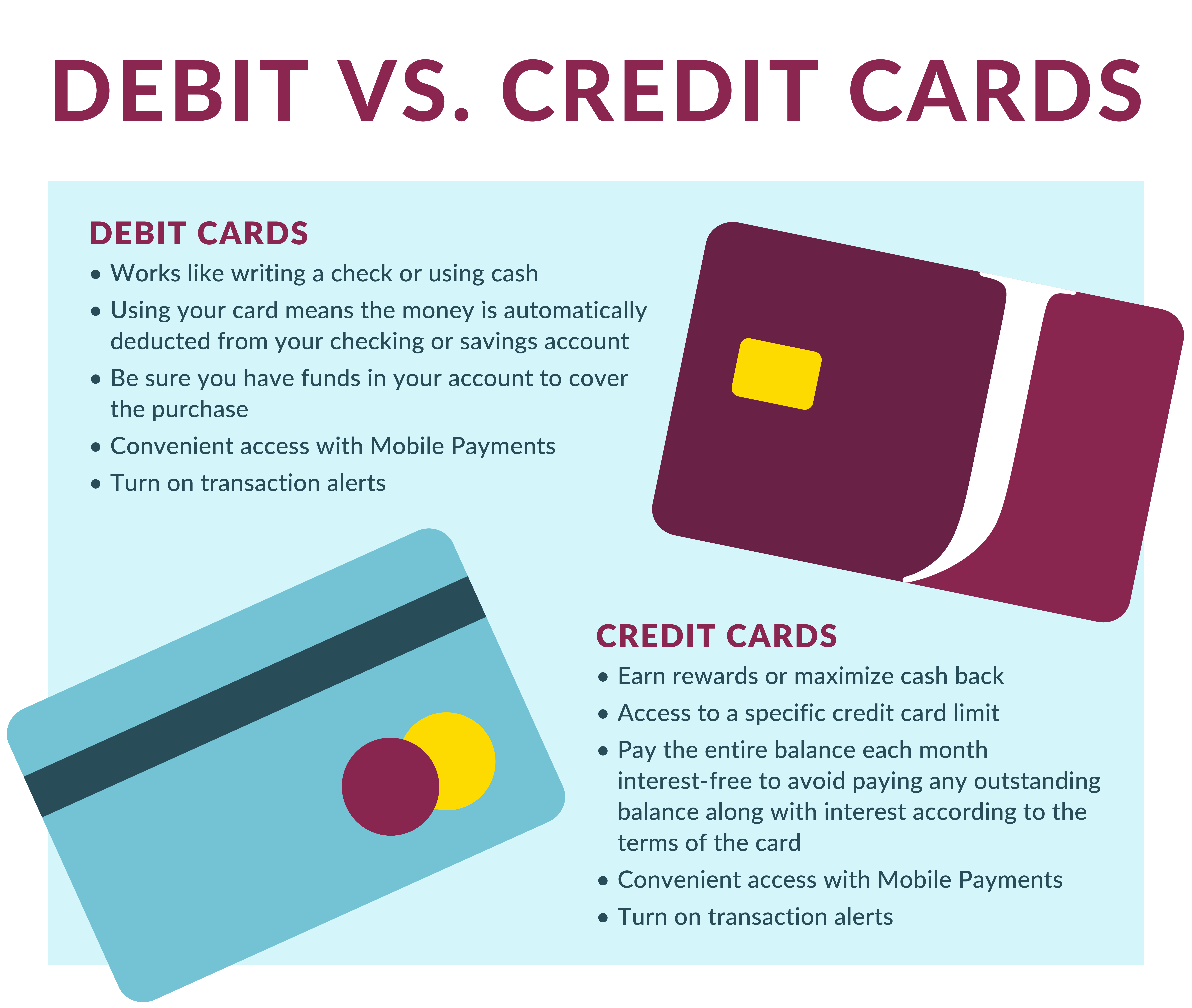SUMMARY
This article will explore the ten essential financial literacy topics to help you understand the key aspects of personal finance.
Young Professionals
6 minute read time
This article will explore the ten essential financial literacy topics to help you understand the key aspects of personal finance.
A solid foundation of financial knowledge can make a huge difference, whether you're managing debt or saving up for a big purchase. Whether you're just starting out or looking to refine your existing knowledge, understanding these areas will help you make informed choices, avoid common mistakes and achieve long-term financial security.
Financial literacy is the ability to understand and effectively manage your personal finances. It involves knowing how to budget, save, invest and manage debt, as well as being aware of financial risks and opportunities. By developing financial literacy, you can gain greater control over your financial well-being, make informed decisions and achieve your long-term goals with confidence.

Financial planning is like a GPS for your financial journey — it’s a comprehensive plan that helps you stay on track. By starting early, you're giving yourself the best chance to avoid stress that can come from a lack of preparation. Having a financial plan can also bring confidence and security to life transitions like buying a home, planning a wedding and getting married and saving for retirement. Connect with an advisor to help you get started on your financial plan.
Budgeting is the process by which every dollar is assigned a purpose. It gives you confidence in your spending since you know where money is going and you can make adjustments that align with your short- and long-term goals. To get started, we recommend creating a budget and following budgeting techniques like 50/30/20 budgeting and a no-spend month.

Are you or someone you know starting a new job? Join our campaign to gain essential financial knowledge and explore topics like HSAs, 401ks and investment strategies for a path to financial independence.
ENROLL TODAYIt's crucial to understand your funding options and repayment terms for each type of debt, whether it's student loans, credit card balances, mortgages, personal loans or auto loans. For instance, student loans often come with multiple repayment plans, while credit card debt can be managed by paying more than the minimum each month. By being proactive, you can minimize your debt and achieve greater financial stability.

Both credit and debit cards offer convenience — but are very different from one another. Credit cards can help build your credit score if used responsibly, while debit cards keep you in check by using only the funds available in your bank account. Master the use of credit cards by understanding interest rates and rewards and make a commitment to pay off your balance every month.
Your credit score is like a financial report card and it plays a huge role in your financial life. Your score factors in your payment history, credit utilization, length of credit history, types of credit accounts and recent credit inquiries. These factors work together to provide a snapshot of your financial trustworthiness. Know your score — you can access it for free online — and work to build and maintain a high one.
Big purchasing decisions, like buying a car and deciding whether to rent or own a home, depends on your unique financial situation and lifestyle preferences. You need to consider factors like your budget, long-term goals and the pros and cons of each option. Big purchases require close attention — and all the small decisions you’ve made along the way help get you get ready for these big ones.
The key to investing is understanding the power of compound interest. As a young professional, time is on your side. One of the best places to begin is with your workplace retirement plan, such as a 401(k) or similar account. Even small, regular contributions can make a big difference over the years. The key is to be disciplined and consistent, as these habits will help you build substantial wealth over the long term.
In addition to contributing to a workplace retirement plan, you’ll want to understand your options when it comes to other benefits, too — especially health insurance. You may have an opportunity to participate in a high-deductible plan matched with a health savings account (HSA). Contributions into an HSA are pre-tax, meaning your medical spending will go much further than through normal post-tax spending.
To quote Ben Franklin, “In this world nothing can be said to be certain, except death and taxes.” While taxes are inevitable, you can take proactive steps to minimize their impact on your finances. Familiarize yourself with your tax rate, the benefits of tax deferral and the potential for tax-free growth. By doing so, you can make more informed financial decisions and optimize your long-term savings.
It’s easy to view insurance as an unnecessary expense, especially since it’s something you hope you’ll never need. However, protecting yourself and your finances is crucial. Insurance is particularly important for low-probability events that could have a significant financial impact if they occur. While some types of insurance are mandatory like car insurance, others, though not required, can be fundamental to your financial well-being. Disability coverage, for example, can provide essential financial protection and may or may not be available through your employer.
By mastering these ten key components of financial literacy, you can build a solid foundation for your financial future. Looking for personalized guidance? Connect with an advisor who can help you navigate these important steps and achieve your financial goals.